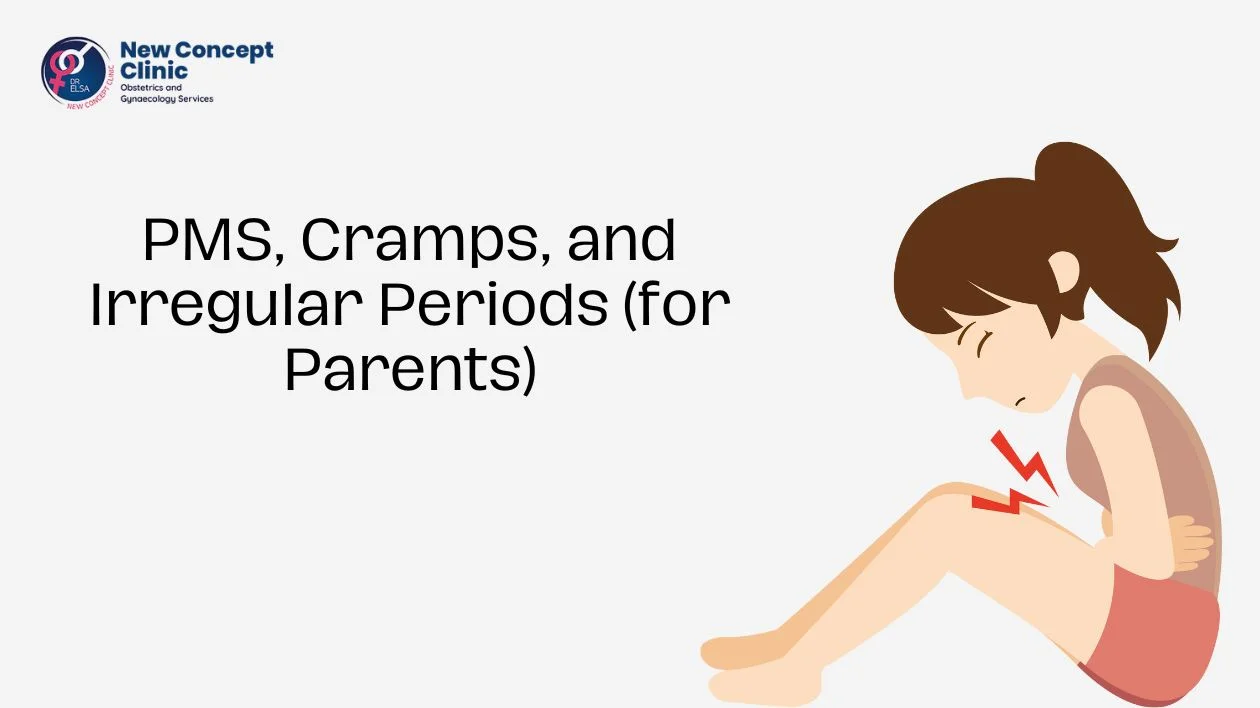

It is not uncommon to see preteen and teen girls struggling with their periods and missing a few days of school each month as a result. These days can mount up quickly and have immediate effects, such as dissatisfaction with catching up in class, worse grades or course failure, and greater family conflict about school attendance and homework.
Even while we have made great strides in openly discussing women's health issues, there is frequently a cloud of humiliation and misunderstanding that can delay or even prevent girls from seeking and obtaining treatment for problematic periods.
It can be difficult for girls to discuss with their parents, teachers, coaches, and pediatricians; even when they do, they may be disregarded as having a "female issue" that they "just need to deal with."
We informed girls and their parents that there are safe and effective treatment options for their menstrual problems. Whether it's painful periods, heavy bleeding, irregular bleeding, or other major difficulties, there is a solution for each girl that will allow her to attend school and do the things she needs to do.
The first step in treating issue periods is to look at the big picture and determine what improvements may be made. We understand that the following small tweaks can help:
Eating nutritious foods, such as fruits, vegetables, protein, and complex carbs
Limit or completely avoid quick foods and sugary drinks, such as soda, juice, energy drinks, and sweet teas.
Getting regular exercise: 60 minutes each day.
Sleeping enough: 8 hours per night and catch up as needed.
Using a heating pad, as well as using over-the-counter drugs like ibuprofen, can help with cramping and pain.
Keeping track of bleeding days and days when cramping/pain is an issue. Noticing what (if anything) improves or worsens
Keeping track of your moods and feelings. Learn relaxation techniques and, if necessary, get help for depression and anxiety.
If you have severe pain, excessive bleeding, or bleeding that lasts for an extended period, contact your doctor immediately.
The next step in managing issue periods is to consult with your healthcare professional about medicinal therapy, the most common of which is low-dose hormone therapy. These drugs are extremely safe for preteen and teen girls to consume, and they work exceptionally effectively. Although many of these choices are labelled "birth control," the drugs are utilised for their non-contraceptive properties. This means they can reduce or eliminate bleeding and pain, regulate periods, and treat other issues like acne, premenstrual mood changes, and migraines.
Do you know any girls, teenagers, or young women who struggle during their periods, missing school, work, or other activities? There is no need for them to "deal with it." There are safe and effective solutions for addressing these concerns.